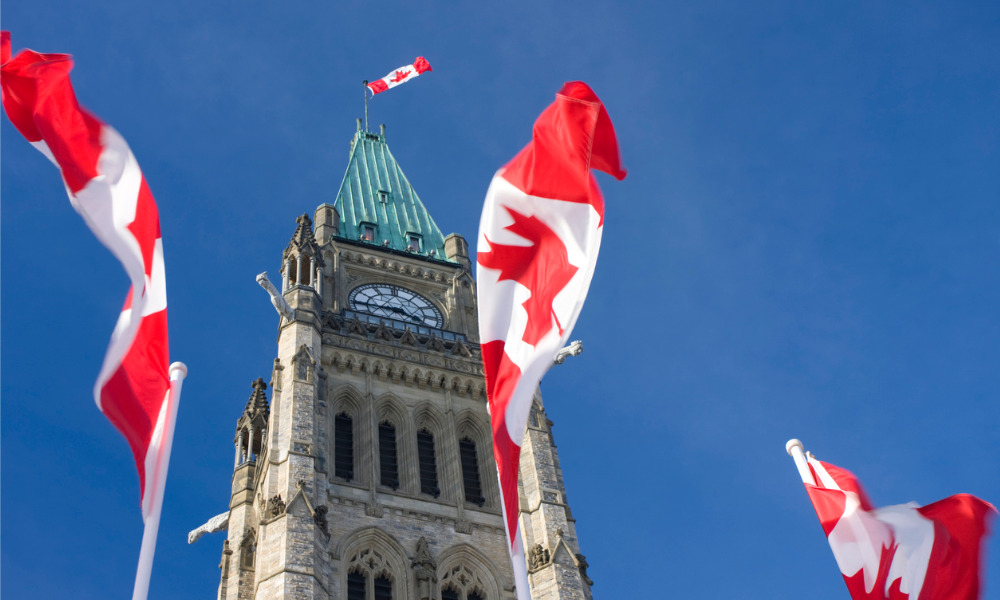Government also cost-sharing with provinces, territories to provide salary top-ups

The federal government is expanding the Canada Emergency Response Benefit (CERB) to cover more Canadian workers impacted by the COVID-19 pandemic.
Under the new policy, the CERB will cover workers who earn up to $1,000 per month. It will also now help seasonal workers who have exhausted their EI regular benefits and are unable to undertake their regular seasonal work as a result of the COVID-19 outbreak, and workers who have recently exhausted their EI regular benefits and are unable to find a job or return to work because of COVID-19.
The changes will be retroactive to March 15, 2020.
The CERB provides $2,000 every four weeks for up to four months to workers who lose their income as a result of the COVID-19 pandemic. Initially, the benefit applies only to workers who live in Canada and are at least 15 years old; stopped working because of COVID-19 or are eligible for EI regular or sickness benefits; have not voluntarily quit their job; and had income of at least $5,000 in 2019 or in the 12 months prior to the date of their application.
Essential workers
The government will also cost-share with provinces and territories to provide salary top-ups for essential workers who earn less than $2,500 per month.
“This will provide a much-needed boost to those on the front-line in hospitals, those caring for seniors in long-term care facilities, those working so hard to make sure that there that is food on our shelves and tables, and others,” says the federal government. “We continue to work with provinces and territories on the delivery of this measure and further details will be released shortly.”
British Columbia and Quebec have implemented direct wage support for low-income workers in the essential service sectors and the federal government will be sharing the cost of this wage support through the new transfer.
A new ADP study found that 41 per cent of front-line workers feel pressured to go into work amid the COVID-19 pandemic.




